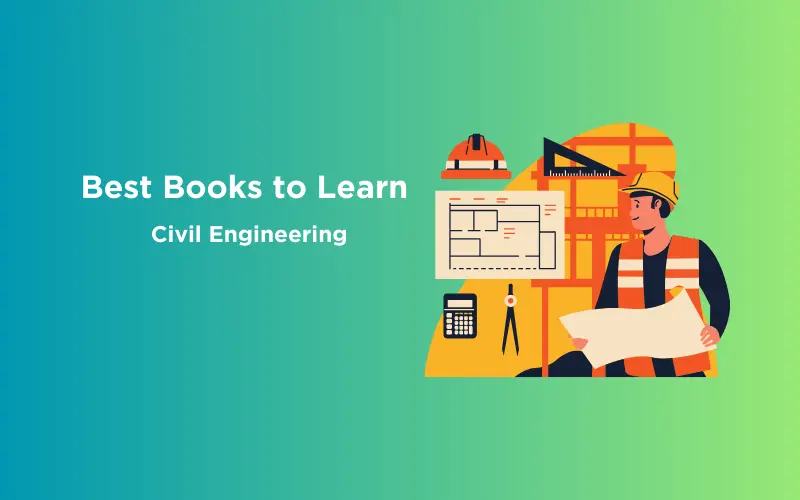
Best 18 Books to Learn Civil Engineering
Aug 22, 2024 5 Min Read 8042 Views
(Last Updated)
Civil engineering is all about building things like roads, bridges, and buildings. It also deals with taking care of our environment. Civil engineers make sure the places we live in are safe and work well. They design, construct, and manage different structures that are important for our everyday lives.
In this blog, we’re going to share some really good books for learning civil engineering. We understand that civil engineering covers many areas, so we want to give suggestions for different interests and needs. We’ll list books for beginners, people who already know a bit, and experts looking for more specific information. Our goal is to guide you through this world of civil engineering using books as your map.
Table of contents
- 18 Best Books to Learn Civil Engineering
- Fundamentals of Civil Engineering
- Structural Engineering
- Geotechnical Engineering
- Transportation Engineering
- Environmental Engineering
- Specialized Topics in Civil Engineering
- Conclusion
- FAQs
- What are the best books for beginners in civil engineering?
- Which books are recommended for specific fields within civil engineering, like structures or traffic engineering?
- Are there books that cover more advanced or specialized topics in civil engineering?
18 Best Books to Learn Civil Engineering
Let’s explore some really good books about building and making things in civil engineering. These books cover different parts of civil engineering, from the basics to more specialized concepts. They’re great for students or anyone curious about this field. The following are some of the best books to learn civil engineering:
Fundamentals of Civil Engineering
Here are a few books focusing on the fundamentals of civil engineering:
1. “Civil Engineering: A Very Short Introduction” by David Muir Wood: This book offers a concise introduction to the field of civil engineering. It covers the essential aspects and history of civil engineering, making it a good starting point for someone looking for a brief overview.
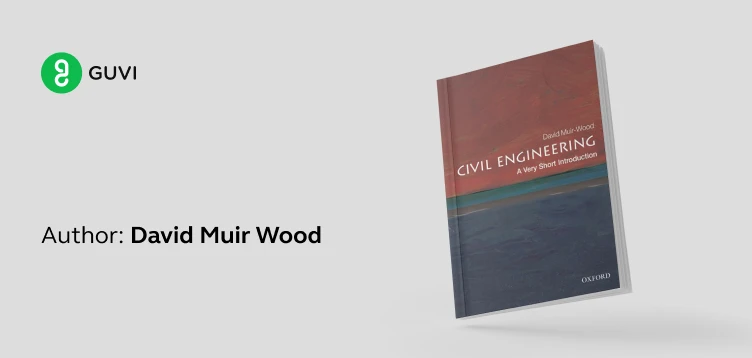
2. “Civil Engineering Reference Manual” by Michael R. Lindeburg: Often used as a comprehensive study guide for the NCEES Civil PE exam, this manual covers a wide array of topics in civil engineering. It’s an extensive resource suitable for students, professionals, and those preparing for engineering licensure exams.
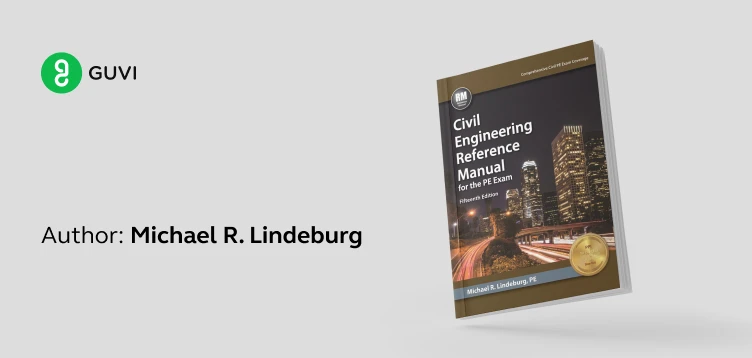
3. “Basic Civil Engineering” by S.S. Bhavikatti and C. Rajashekharappa: This book is designed to cover the fundamental concepts in civil engineering. It serves as a foundational text, suitable for those beginning their studies or seeking a clear understanding of the core principles.
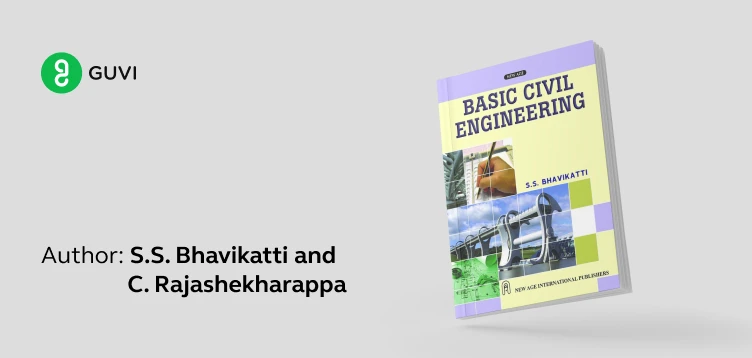
These three books cover different levels of knowledge, from an introduction to a more detailed and comprehensive understanding of civil engineering. Depending on your needs and where you are in your learning journey, you can choose the one that best suits your level of understanding and interest.
Before we move into the next section, we’d like to ensure you are well-versed in the essentials of civil engineering. To smoothen your learning process, consider enrolling in GUVI’s Civil Engineering Career Program with Placement Assistance. You’ll gain hands-on knowledge of fundamental tools such as AutoCAD, Revit, 3dsMax, etc, needed for modern civil design.
Additionally, if you want to get started in the field through self-paced learning, try GUVI’s self-paced AutoCAD certification course.
Structural Engineering
These are three excellent books that cover various aspects of structural engineering, each with its own focus and depth.
4. “Structures: Or Why Things Don’t Fall Down” by J.E. Gordon: This book provides a more general and accessible overview of structural engineering, exploring the fundamental principles and concepts behind why structures are stable and resist various forces. It’s written in a way that’s easily understandable to non-engineers but still valuable for engineering students or professionals.

5. “Fundamentals of Structural Analysis” by Kenneth Leet and Chia-Ming Uang: This book explains the core principles of structural analysis, including the techniques used to determine how structures behave under different loading conditions. It’s a fundamental text that covers the analysis of various structural elements and systems, providing a solid foundation for understanding structural behavior.

6. “Design of Concrete Structures” by Arthur H. Nilson, David Darwin, and Charles W. Dolan: As the title suggests, this book focuses specifically on the design aspect of concrete structures. It covers the design principles, codes, and practices related to creating safe and effective concrete structures. It’s an essential resource for engineers involved in designing buildings, bridges, or any structure primarily made of concrete.

Depending on your specific interests in structural engineering, each book offers valuable insights:
- If you’re looking for a general understanding of structural engineering, “Structures: Or Why Things Don’t Fall Down” is a great start.
- For an in-depth understanding of structural analysis, “Fundamentals of Structural Analysis” will be valuable.
- And if you’re particularly interested in the design of concrete structures, the book by Nilson, Darwin, and Dolan is a must-read.
Combining insights from these books can provide a well-rounded understanding of structural engineering principles, analysis, and design, catering to different levels of expertise and interests.
Geotechnical Engineering
These books are great works in the field of geotechnical engineering, each offering valuable insights and expertise in different aspects of soil mechanics, foundation engineering, and geotechnical principles. Here’s a brief overview of each:
7. “Principles of Geotechnical Engineering” by Braja M. Das: This book provides a comprehensive introduction to geotechnical engineering, covering the principles of soil mechanics, site exploration, and analysis and design of various geotechnical structures. It’s suitable for students and professionals interested in foundational concepts and applications in geotechnical engineering.
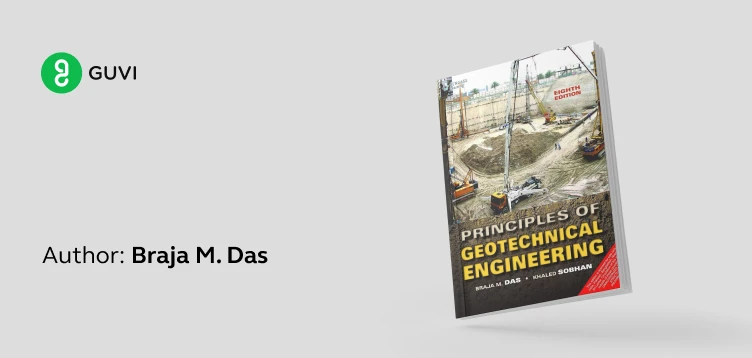
8. “Soil Mechanics in Engineering Practice” by Karl Terzaghi, Ralph B. Peck, and Gholamreza Mesri: Written by three influential figures in the field, this book focuses on soil mechanics as applied to engineering practice. It covers both fundamental theories and their practical applications, making it an invaluable resource for understanding the behavior of soil under different conditions.
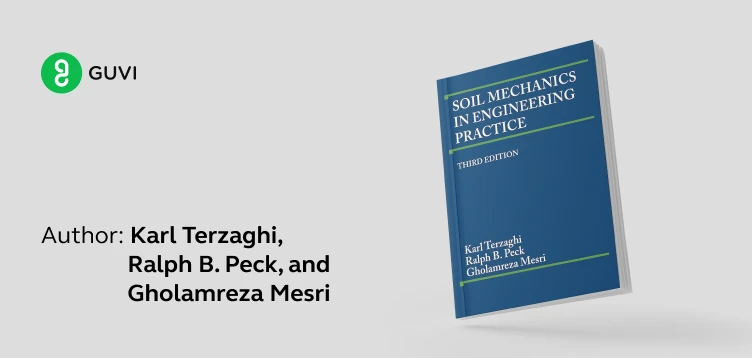
9. “Foundation Engineering” by Ralph B. Peck, Walter E. Hanson, and Thomas H. Thornburn: Concentrating specifically on foundation engineering, this book explores the design and construction of foundations for various structures. It’s an essential reference for those involved in the design of foundations and substructures, offering insights into practical solutions and engineering practices.
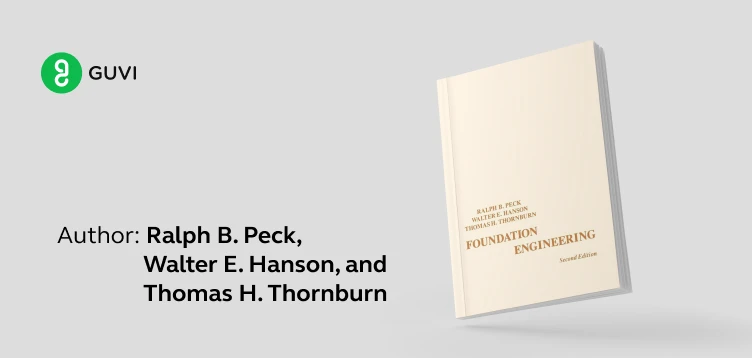
These books provide a wealth of knowledge in geotechnical engineering, each with a different focus. For individuals seeking a comprehensive understanding of geotechnical principles, soil mechanics, or foundation engineering, these texts serve as essential resources. They can be used for educational purposes, professional reference, or further exploration of the subject matter.
Transportation Engineering
These books are valuable resources that cover various aspects of transportation engineering, including traffic and highway engineering as well as specific focuses on highways. Here’s an overview of each:
10. “Traffic and Highway Engineering” by Nicholas J. Garber and Lester A. Hoel: This book offers a comprehensive approach to traffic and highway engineering, covering both fundamental principles and practical applications. It explains traffic engineering, the geometric design of highways, traffic operations, and transportation planning. It’s a widely used and respected textbook in the field.
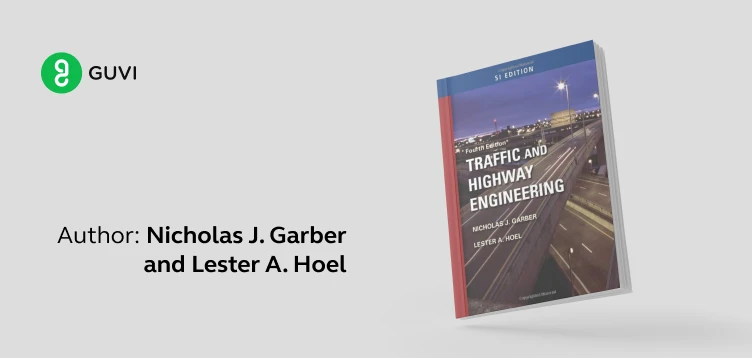
11. “Transportation Engineering: An Introduction” by C. Jotin Khisty and Lal T. Kadiyali: This book provides an introduction to transportation engineering, covering a wide array of topics, including transportation planning, traffic engineering, and transportation systems management. It is suitable for students and professionals seeking an overall understanding of transportation systems and their design.
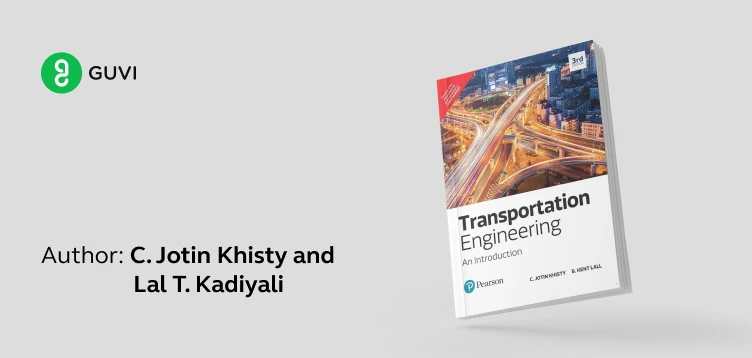
12. “Highway Engineering” by Martin Rogers: Focused specifically on highways, this book provides an in-depth exploration of highway planning, design, construction, and maintenance. It covers various aspects related to highway engineering, making it a valuable resource for engineers involved in designing and maintaining road networks.
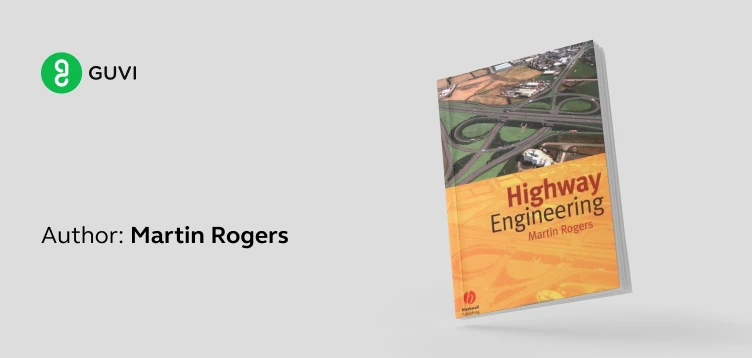
Each of these books offers a distinct perspective on transportation engineering, catering to different aspects and depths within the field. Students, academics, and professionals can benefit from these resources to gain insights into the principles, practices, and complexities of transportation engineering.
Environmental Engineering
These books are valuable resources that cover various aspects of environmental engineering, particularly focusing on water resources, wastewater treatment, and the broader scope of environmental engineering principles. Here’s an overview of each:
13. “Environmental Engineering: Fundamentals, Sustainability, Design” by James R. Mihelcic and Julie B. Zimmerman: This book provides a comprehensive overview of environmental engineering, emphasizing sustainability and design principles. It covers a wide range of topics, including water quality, air pollution, solid waste management, and the design of sustainable systems. It’s suitable for students and professionals seeking a holistic understanding of environmental engineering.
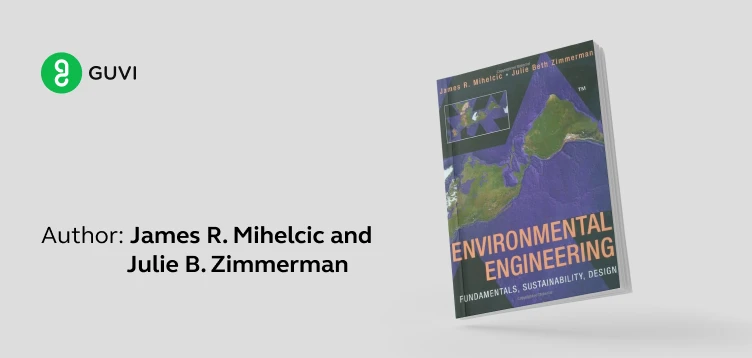
14. “Water Resources Engineering” by Larry W. Mays: Focused specifically on water resources, this book delves into the engineering principles related to water, covering topics such as hydrology, hydraulics, water supply, and water management. It’s a valuable resource for those interested in understanding the engineering aspects of water resources.
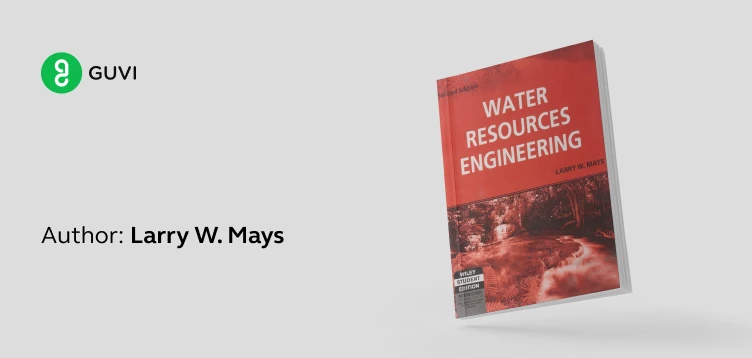
15. “Wastewater Engineering: Treatment and Resource Recovery” by Metcalf & Eddy Inc. and George Tchobanoglous: Concentrating on wastewater treatment, this book covers the design and operation of wastewater treatment plants, emphasizing resource recovery and the sustainable treatment of wastewater. It’s an essential resource for professionals and students involved in wastewater treatment and management.
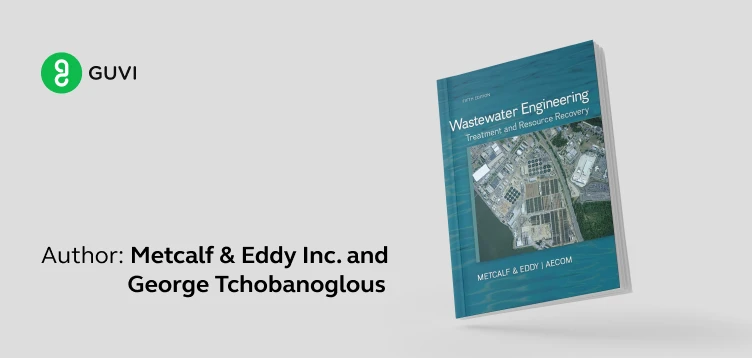
These books offer valuable insights into different facets of environmental engineering, including water resources, sustainability, and wastewater treatment. They cater to various interests within the field and provide comprehensive information for both educational and professional purposes.
Specialized Topics in Civil Engineering
These books cover specialized topics within the field of civil engineering, focusing on finite elements analysis, construction project management, and engineering hydrology. Here’s a brief overview of each:
16. “Introduction to Finite Elements in Engineering” by Tirupathi R. Chandrupatla and Ashok D. Belegundu: This book provides an introduction to the theory and applications of the finite element method, a numerical technique widely used in engineering analysis and design. It covers the basics of finite element analysis for structural and solid mechanics problems and serves as a valuable resource for students and professionals seeking an understanding of this computational method.
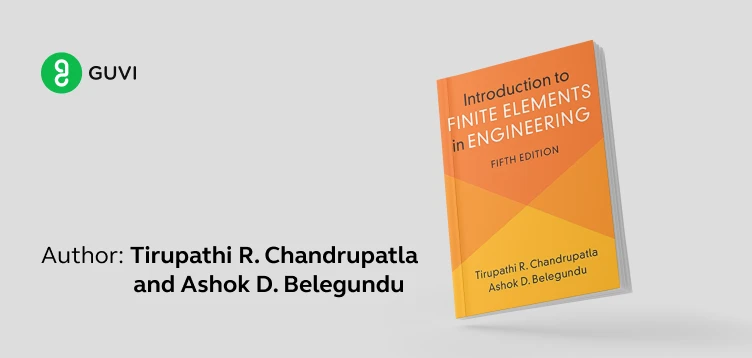
17. “Construction Project Management” by Frederick Gould and Nancy Joyce: Focused on project management in the construction industry, this book covers the principles and practices of managing construction projects. It addresses various aspects such as project planning, scheduling, cost control, contracts, risk management, and team management, providing a comprehensive guide for construction professionals.

18. “Engineering Hydrology” by K. Subramanya: This book delves into hydrology, specifically focusing on engineering applications. It covers topics like precipitation, runoff, hydrologic cycle, and methods for analyzing and predicting water resources for engineering purposes. It’s a valuable resource for students and professionals involved in water resources engineering and hydrology.
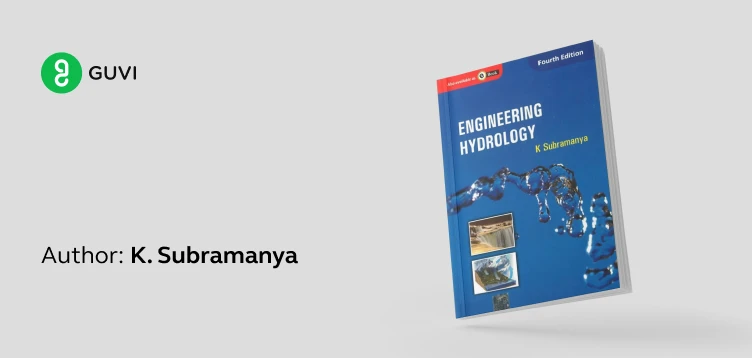
These books cater to specialized areas within civil engineering, offering in-depth knowledge and practical applications related to finite element analysis, construction project management, and engineering hydrology. They serve as valuable resources for those seeking to deepen their understanding or specialize in these specific fields.
Kickstart your Civil engineering journey by enrolling in GUVI’s Career Program and become skilled in key concepts such as 2D and 3D design, 3D modeling, Structural Analysis, and much more. Build real-life projects with industrial mentorship and make your portfolio stand out!
Also, if you wish to explore through a self-paced learning mode, try GUVI’s self-paced AutoCAD certification course.
Conclusion
Learning about how things are built and designed is fun and useful. Civil engineering is always changing, with new ideas and better ways to build things. It’s important to keep learning, try new things, and look for groups or websites where you can learn and talk about civil engineering. The more you learn, the more you can help make the world a better place by building strong, safe, and eco-friendly structures and systems. Keep exploring and trying new things, and never stop learning!
FAQs
For beginners, books like “Civil Engineering: A Very Short Introduction” or “Basic Civil Engineering” can be very helpful. They cover the basics in an easy-to-understand way.
If you’re interested in structures, “Structures: Or Why Things Don’t Fall Down” is a great start. For traffic engineering, “Traffic and Highway Engineering” offers excellent insights.
Yes, books like “Introduction to Finite Elements in Engineering” focus on more specialized topics within civil engineering, specifically the finite element method used in analysis. Similarly, “Wastewater Engineering: Treatment and Resource Recovery” focuses on a specific aspect of environmental engineering.

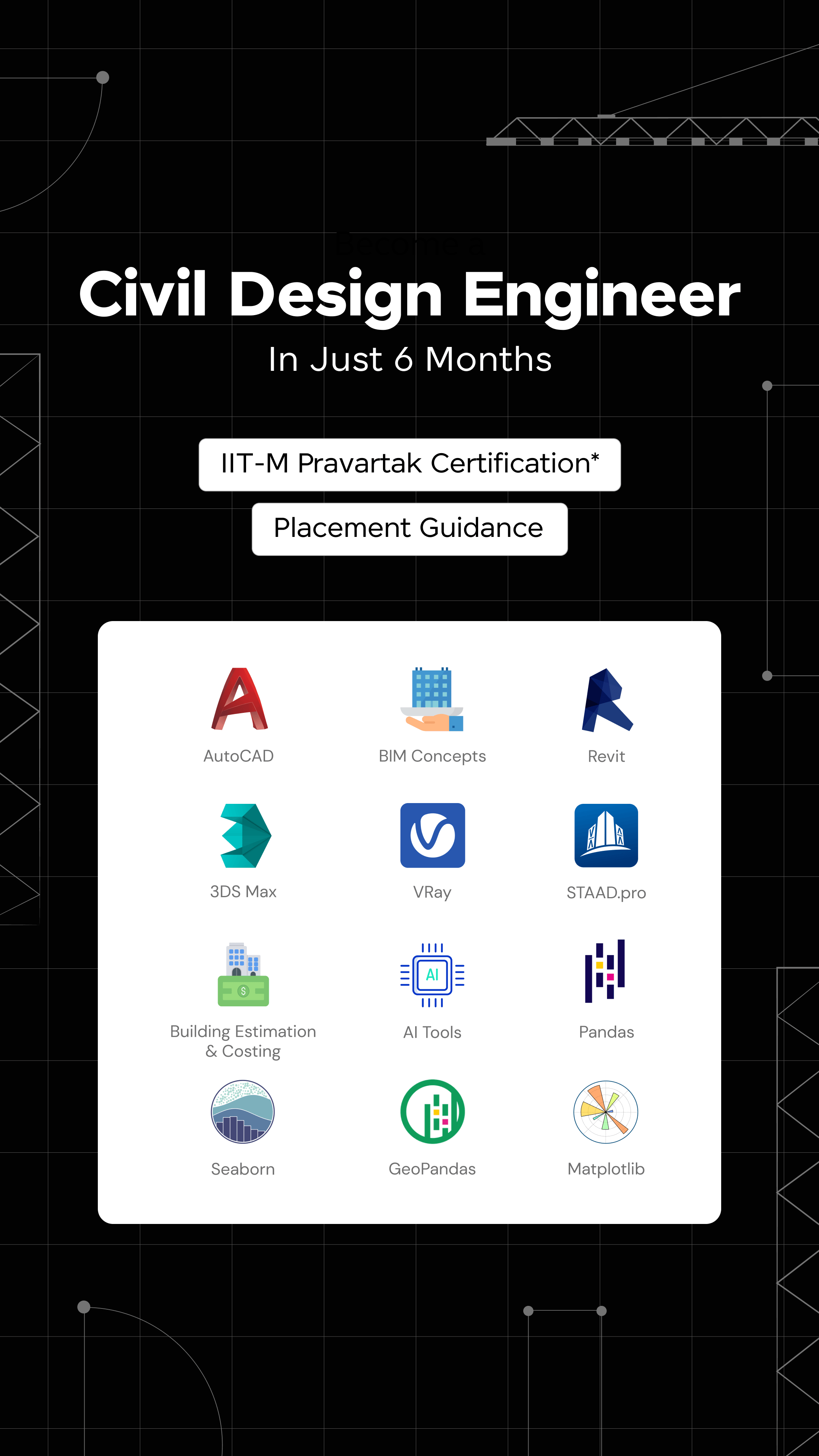


















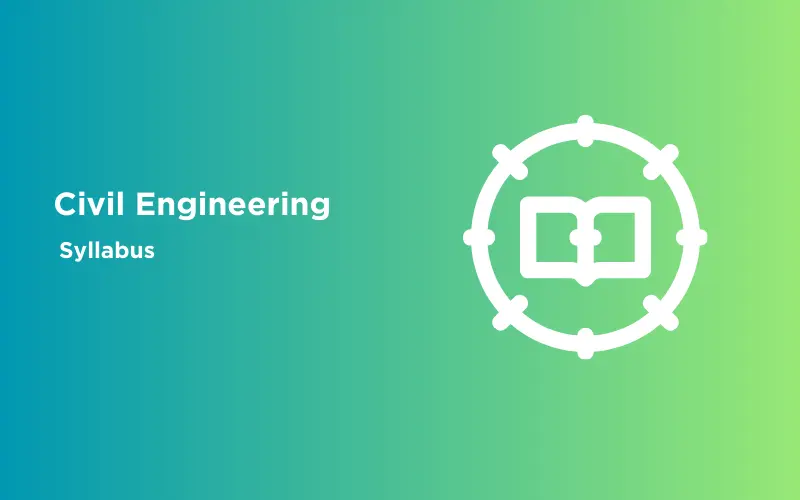




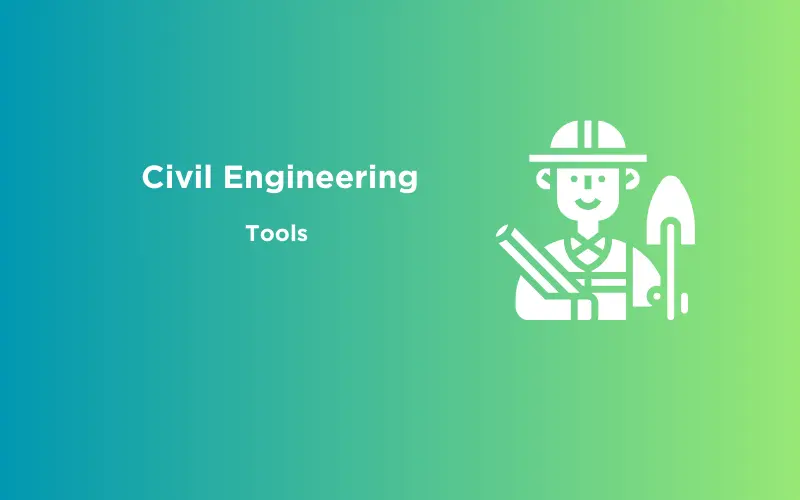


Did you enjoy this article?